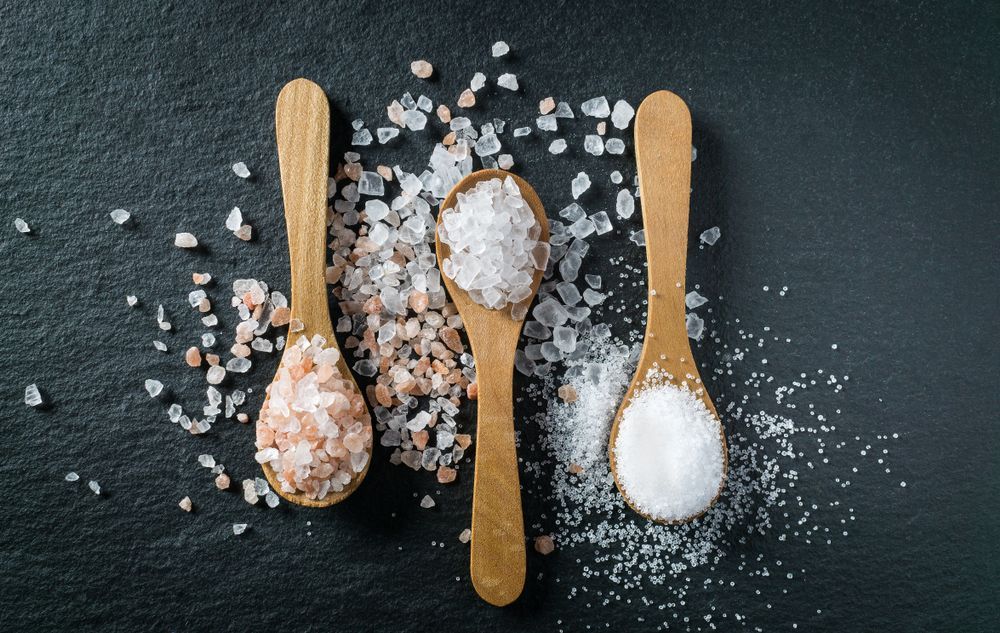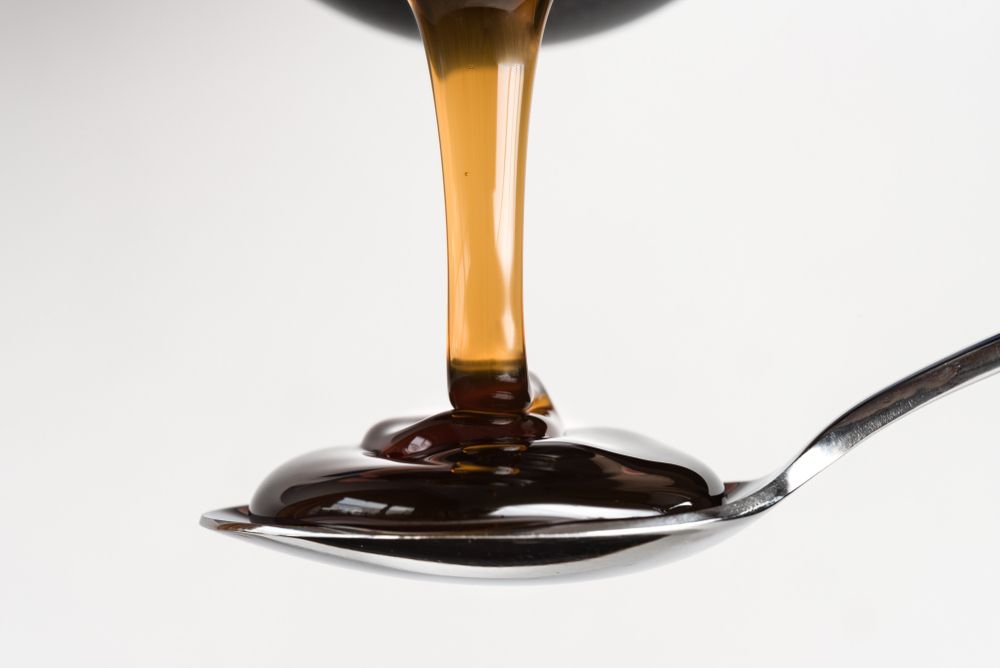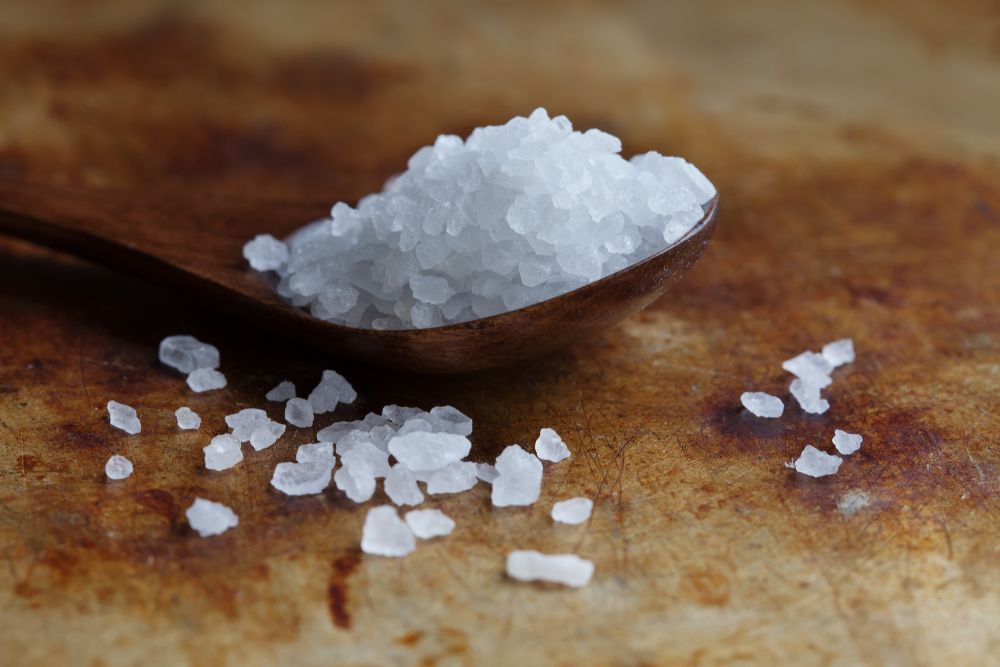Organic Maple Syrup: What Makes it Organic?
Written by: Indiana Sugars
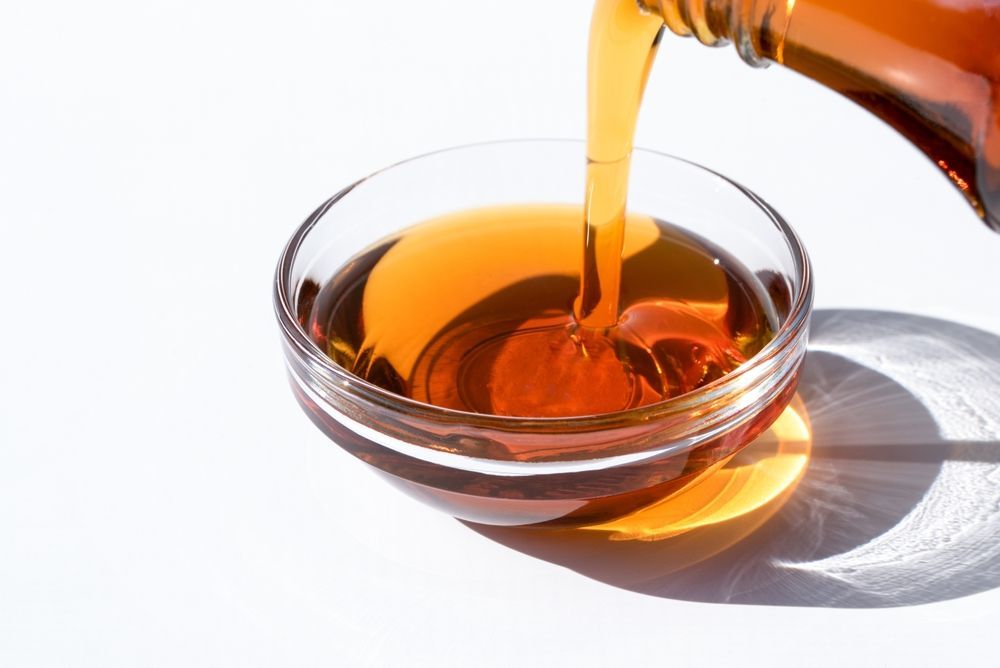
Is all maple syrup organic? What makes maple syrup organic in the first place? Is one inherently better for you than the other? These are the types of questions that your customers are undoubtedly going to ask if you market your products as including maple syrup in any way, shape, or form. Because of that, it's important to know the answers yourself. Not only does this help you make the best decision possible regarding your products, but it also goes a long way toward instilling trust in the audience you've dedicated yourself to serving at the same time.
What Is Organic Maple Syrup?
As the name implies, organic maple syrup is a natural sweetener that is made from the sap of maple trees. The fact that it is "organic" means that the trees themselves are grown without the use of any synthetics, pesticides, herbicides, or any other external ingredients of that nature.
Is All Maple Syrup Organic?
Not all maple syrup is organic - nor does it necessarily need to be. "Traditional" maple syrup can be manufactured in a wide range of different ways and likely involves the use of at least pesticides or fertilizers in the areas surrounding the trees.
The key thing to understand about all this is that even though maple syrup itself is produced from the sap of those maple trees, how the trees are grown can still impact the finished product. Therefore, there are entirely legitimate reasons why a person would want to know whether maple syrup was produced organically that extend beyond the way something looks or tastes.
What Makes Maple Syrup Organic?
Again, to use the "organic" label, maple syrup will need to come from a tree that was grown naturally and without any synthetic chemicals of any kind. The production process actually needs to follow a very strict set of regulations that have been dictated by organic certifying organizations. It's not possible for a manufacturer to legally put the word "organic" on something if it doesn't meet those requirements.
This is one of those situations where "organic" may seem like an innocent word, but it really has a definite meaning and should be used accordingly.
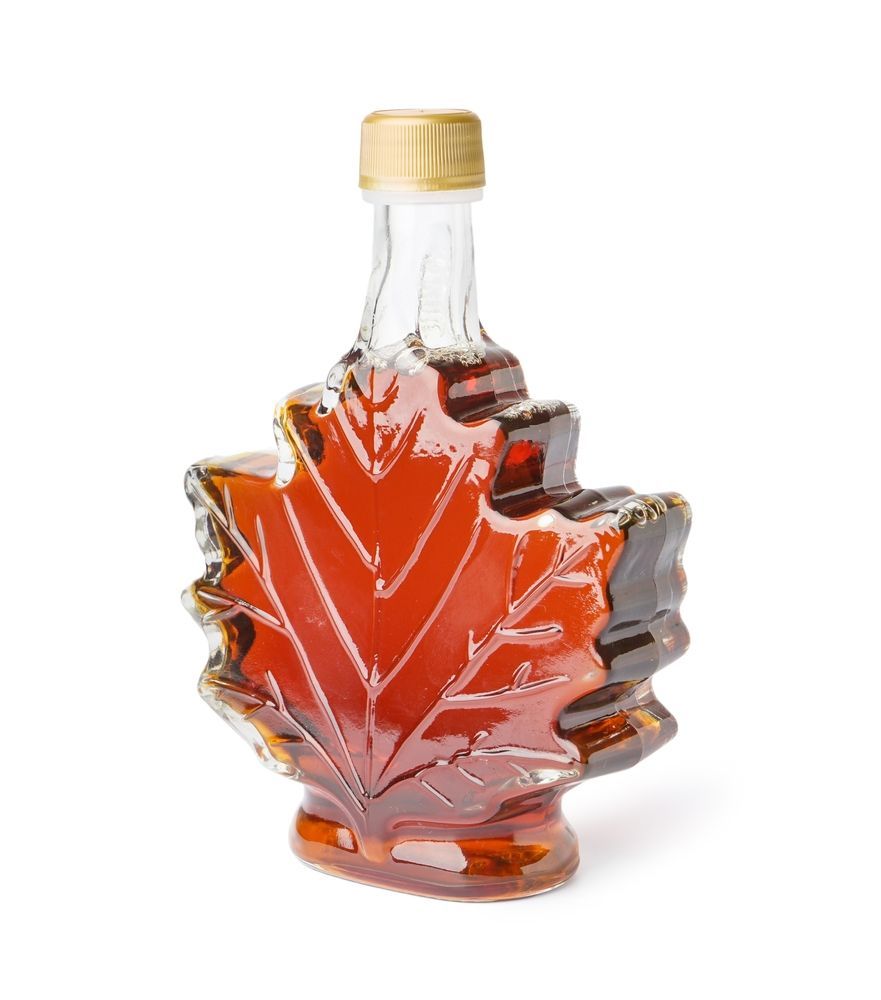
Is Organic Maple Syrup Better for You?
As is true with most products that contain the "organic" designation, organic maple syrup is considered to be "better for you" from a certain perspective.
As a rule of thumb, anything that is produced via a process that is free from synthetic chemicals is probably "better for you" to a certain degree.
Depending on exactly which chemicals you're talking about, many have been linked with long-term health concerns.
But there's also the matter of organic maple syrup retaining many of the nutrients that are found in the sap in the first place. This includes but is not limited to vitamins, minerals, and antioxidants.
Having said all of that, just because something is organic doesn't make it healthy food - and organic maple syrup is certainly no exception to that idea. Maple syrup still contains sugar, so if you're someone with certain conditions like diabetes or if you're simply trying to monitor your sugar intake in general, consuming an excess of maple sugar wouldn't be a good idea regardless of whether it was organic.
How Can I Tell If I'm Buying Organic Maple Syrup?
The number one way to confirm that you're buying organic maple syrup is to look for a label that clearly calls out the product as "USDA Organic." As mentioned, food labeling is far from arbitrary. That certification - or a similar one from a recognized organic body - indicates that the product you're buying is organic.
Also, be on the lookout for any language that indicates the product has been verified to meet any organic farming standards that exist.
Beyond that, it's easy to tell if you're buying organic maple syrup by looking at the ingredient list. If you see any additives or preservatives of any kind, the product that you're looking at is not organic. Keep in mind that many companies use their organic status as a marketing selling point. If something is truly organic in the legal sense of the term, you can rest assured that the labeling will make that clear in several ways.
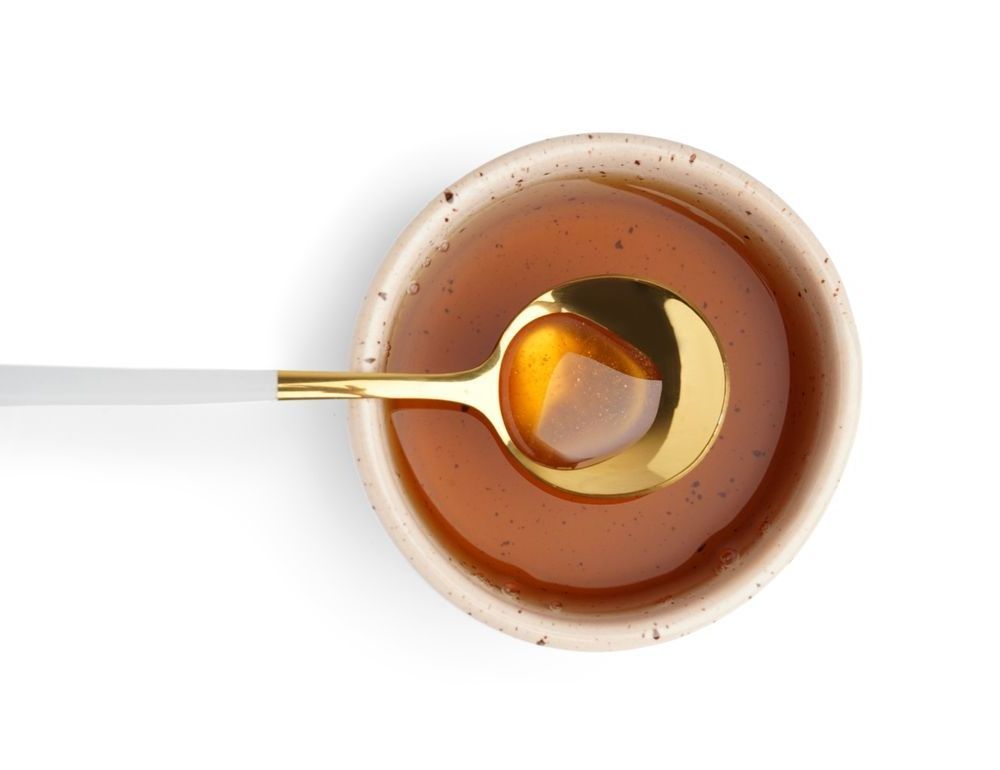
Does Organic Maple Syrup Need to Be Refrigerated?
As is true with many other types of products, once you open organic maple syrup you should refrigerate it for the best results. This will go a long way towards preventing it from spoiling.
If your organic maple syrup is unopened and hasn't been exposed to the air, however, that's an entirely different story. You can just store it in virtually any cool, dark place for an indefinite period without worrying.
After opening, the main short-term concern you'll want to address by refrigerating your maple syrup involves preserving the flavor. It just tastes better if it has been properly stored. Safely storing your organic maple syrup in the refrigerator will also prevent mold. Mold doesn't necessarily mean you have to throw your maple syrup out, but it is still a situation you don't necessarily want to find yourself in.
Find Bulk Maple Syrup and Sweeteners at Indiana Sugars
At Indiana Sugars, we're proud of the reputation we've been able to earn over the years as a leading provider of bulk maple syrup and other sweeteners operating anywhere in the industry today. We understand how essential it is for you to have access to rich, high-quality ingredients at a moment's notice. Not only do we offer lightning-fast shipping, but you'll also be pleased to know that everything we send you goes through a rigorous testing process, guaranteeing that you get the quality that you (and your customers) can depend on.
If you'd like to find out more information about organic maple syrup and all its various nuances, or if you have any additional questions you'd like to go over with someone in a bit more detail, please don't hesitate to contact an Indiana Sugars team member today.

